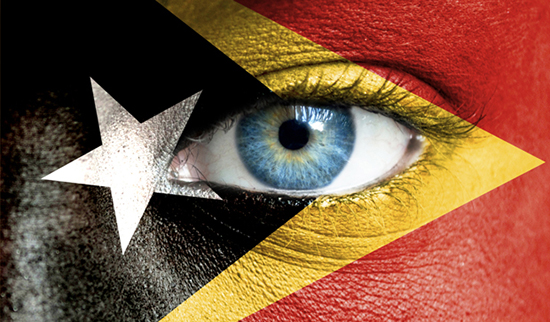
OPINION: JOURNALISTS and civil society critical of the flawed Fiji mediascape in the lead-up to the first post-coup general election in September should also be up in arms over the attempts to muzzle the press in Timor-Leste.
A new law passed by the National Assembly in Dili early last month raises the Asia-Pacific bar in suppression tactics against probing media.
The law, not yet endorsed by the president, severely limits who can qualify to be “journalists” and could potentially curb overseas investigative journalists and foreign correspondents from reporting from the country as they would need advance state permission.
It also sidelines independent freelancers and researchers working for non-government organisations in quasi media roles.
In a fledgling country where the media has limited resources, media officers and other researchers working for NGOs have been providing robust reporting and analysis of the country’s development progress – especially over the oil producing industry.
Critics describe the law, adopted in Parliament on May 6 in spite of a campaign of public condemnation, as one of the most restrictive in the world. The law has been featured by the latest edition of Index on Censorship.
One NGO, La’o Hamutuk, has been at the forefront of analysing this law and coordinated a letter to President Taur Matan Ruak, appealing for him to veto the law because it will “harm democracy and human rights”.
Loss of free speech
Investigative journalist and Tempo Semanal publisher José Belo says Timor-Leste will lose its freedom of speech.
The new Press Council mandated by Parliament will have the power to impose fines and jail on journalists breaching the law.
Declaring the law to be against the constitution, Belo says the law has been introduced by Prime Minister Xanana Gusmão’s government to “protect itself from media scrutiny and the scrutiny of the people”.
La’o Hamutuk (Timor-Leste Institute for Development Monitoring and Analysis) has monitored and critiqued the progress of the legislation since late last year and has provided a valuable media law resource page on its website.
At the weekend on its blog, it publicly released the letter to the President, which has been signed and endorsed by a number of international organisations – including the Pacific Media Centre in New Zealand, East Timor and Indonesian Action Network in the US and TAPOL in the UK - as well as local groups and individuals:
Read the full article on Café Pacific
This work is licensed under a Creative Commons Attribution-NonCommercial 3.0 New Zealand Licence.




